#Old Colorado City Branch Carnegie Library
Explore tagged Tumblr posts
Text










Colorado Springs was incorporated on June 19, 1886.
#Old Colorado City#Colorado Springs#incorporated#19 June 1886#USA#anniversary#US history#street scene#Former El Paso County courthouse#Old Colorado City Branch Carnegie Library#Bancroft Park#architecture#travel#cityscape#tourist attraction#landmark#original photography#nature#historic district#Mountain West Region#Colorado#summer 2022#tree#street light#vacation
7 notes
·
View notes
Photo

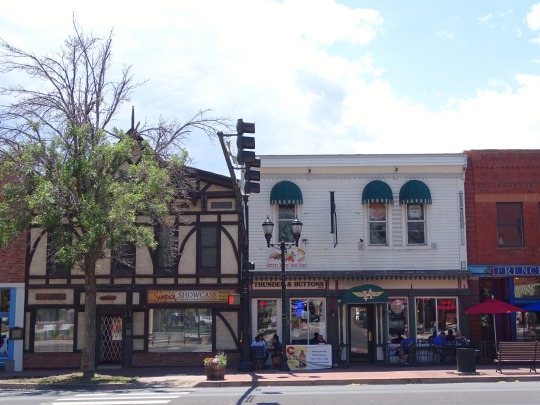

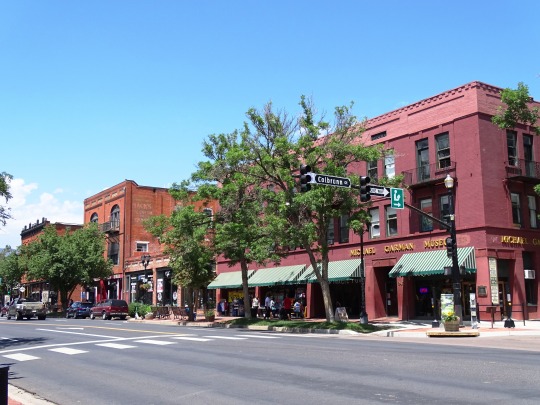

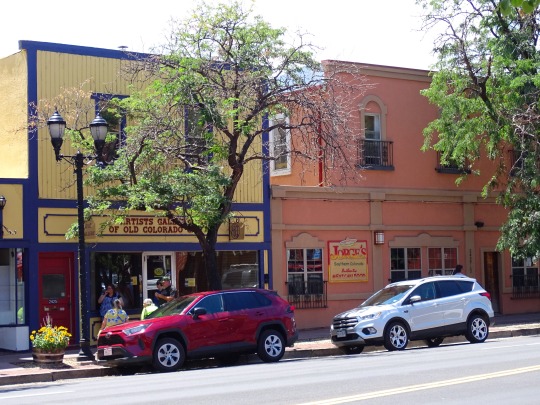
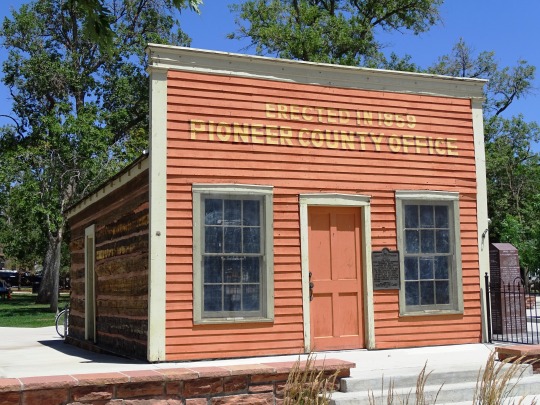

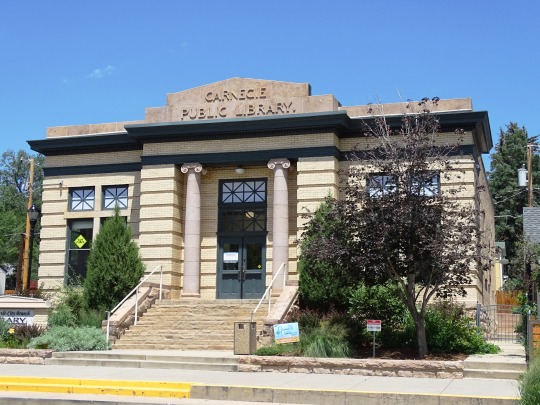
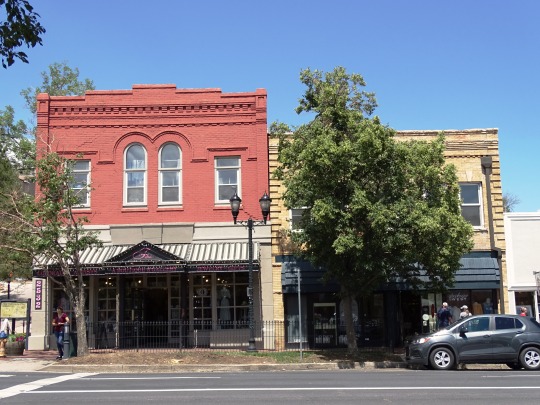
Old Colorado City was founded on August 12, 1859.
#Old Colorado City#founded#12 August 1859#anniversary#US history#USA#Colorado Springs#Colorado#El Paso County#W Colorado Ave#Bancroft Park#Old Colorado City Branch Carnegie Library#Former El Paso County courthouse#tree#tourist attraction#landmark#travel#summer 2022#vacation#exterior#historic district
3 notes
·
View notes
Photo
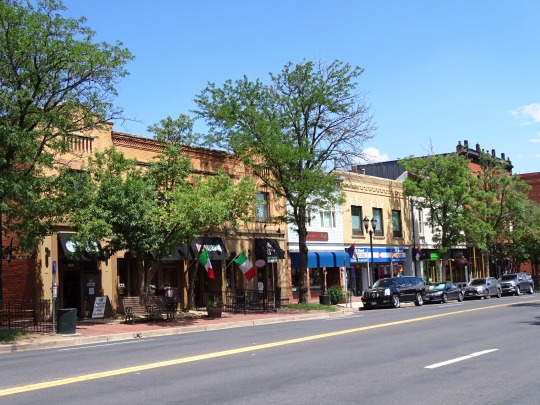


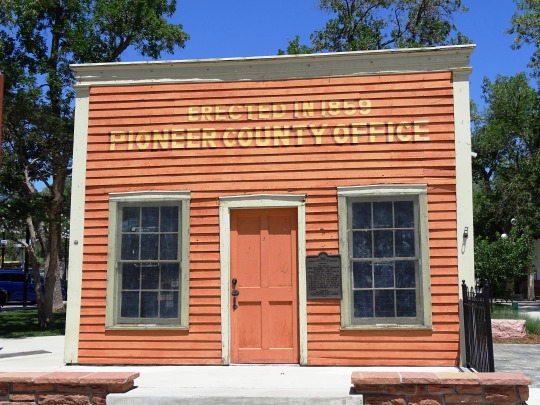

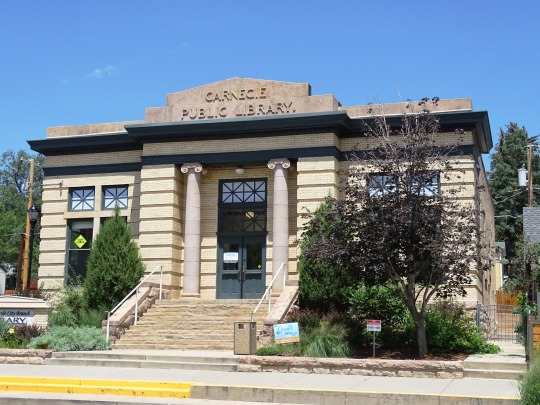


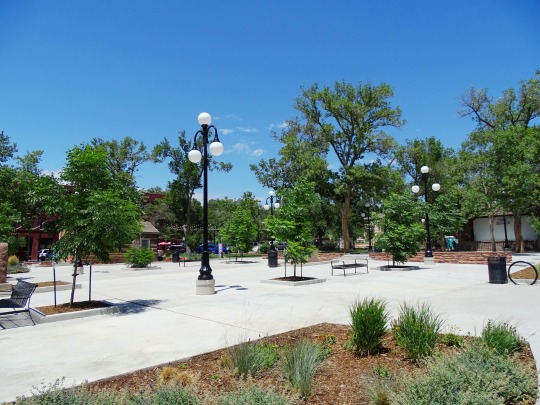

Colorado Springs was incorporated on June 19, 1886.
#Old Colorado City#Colorado Springs#incorporated#19 June 1886#USA#anniversary#US history#street scene#Former El Paso County courthouse#Old Colorado City Branch Carnegie Library#Bancroft Park#architecture#travel#cityscape#tourist attraction#landmark#original photography#nature#historic district#Mountain West Region#Colorado#summer 2022#tree#street light
3 notes
·
View notes
Photo
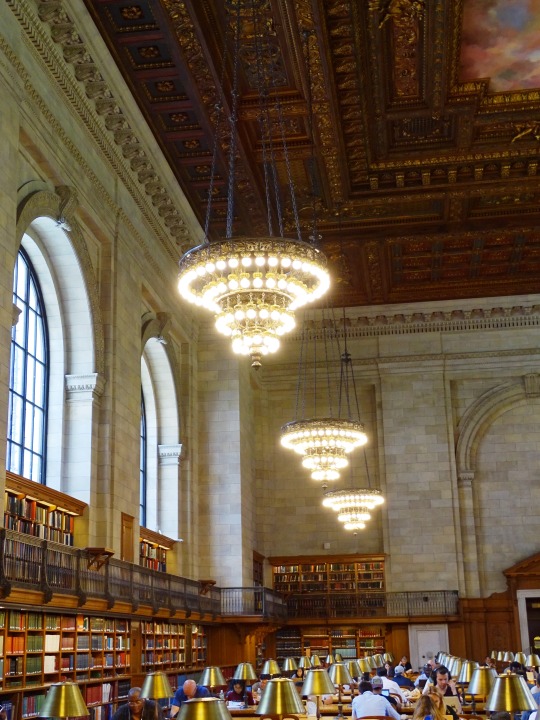
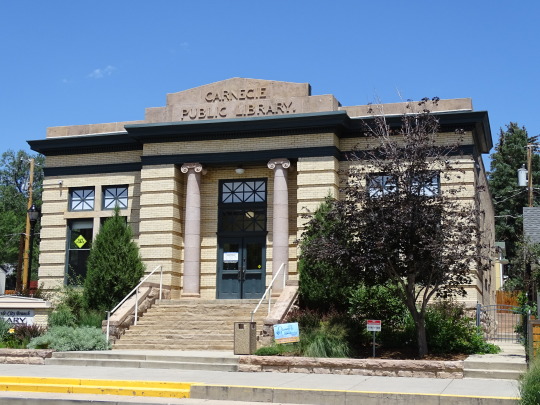
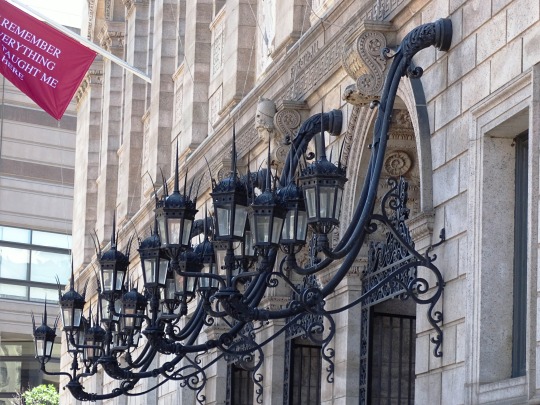
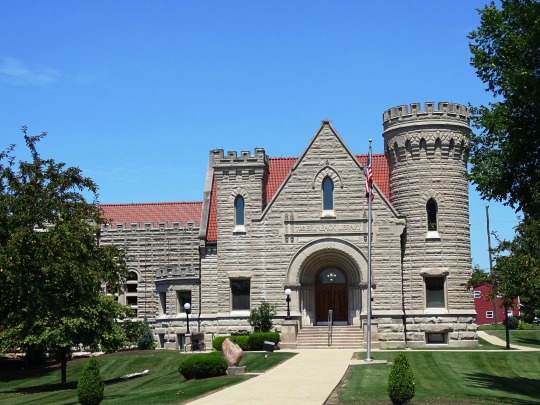
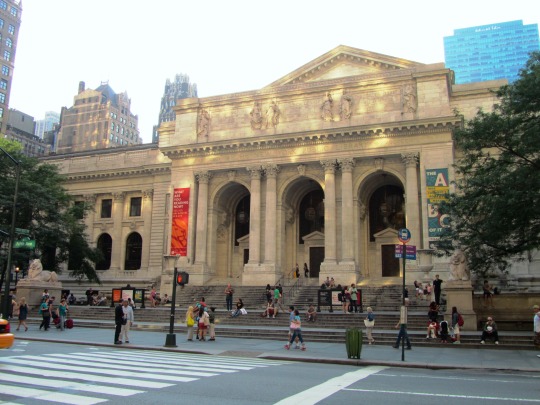
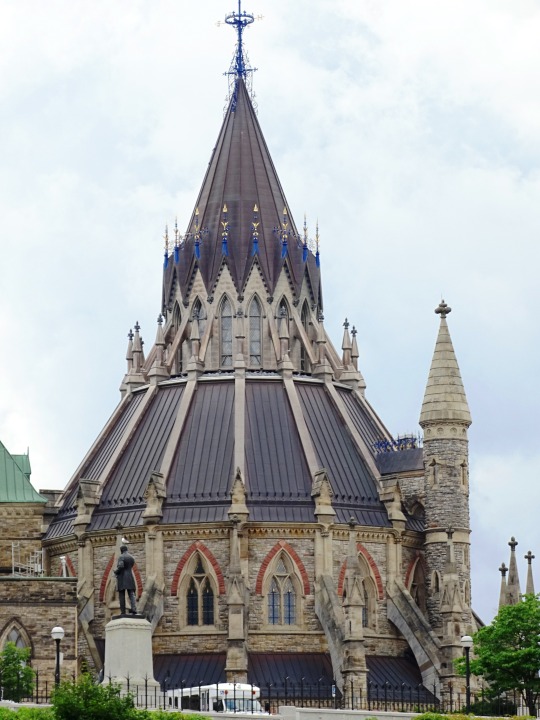



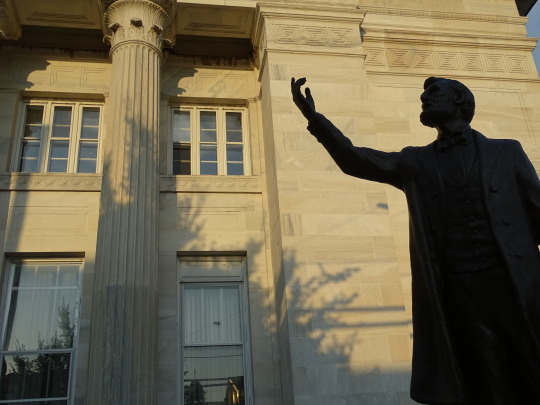
Bibliomania Day
Stephen Blumberg loved books. It has been written that “it was his habit to read constantly through the night, cat-napping, walking, reading, dozing, waking, reading again, never fully sleeping.” Stephen Blumberg didn’t just love books, he was a bibliomaniac. Bibliomania is when someone has a strong love of books, where they collect them to the point of hoarding, and social relations and health may suffer. Symptoms may include acquiring more books than would be useful for any reason or getting many copies of the same book. The term was coined by John Ferriar, who published a poem in 1809 with the word as its title, for his friend Richard Heber, who had the condition. The term became used to describe obsessive book collectors. That same year, Reverend Thomas Frognall Dibdin published Bibliomania; or Book Madness. Bibliomania is different from bibliophilia, which is a healthy form of love for books.
On March 20, 1990, Stephen Blumberg’s bibliomania caught up with him. He was arrested for stealing more than 23,600 books (weighing 19 tons) from 268 libraries, universities, and museums. It had taken him over 20 years to steal them, and he got them from 45 states, Washington D.C., and Canada. After originally being thought to be valued at around $20 million, the value of the books was estimated at $5.3 million. He is known as the number one book thief in American history and became known as the Book Bandit. The books he stole, which included a first edition of Uncle Tom’s Cabin among other rare books, became known as the “Blumberg Collection.”
An acquaintance of Blumberg, Kenneth J. Rhodes, turned him in for a $56,000 reward. During Blumberg’s trial, a psychiatric doctor let it be known that Blumberg had gone through psychiatric treatment as an adolescent. The defense claimed that Blumberg had stolen the books because of psychiatric issues beyond his control. According to the defense, Blumberg had thought he was saving the books from destruction by stealing them. He thought that the government was trying to keep them so that everyday people wouldn’t have them, and he thought he was acting as custodian of the books and doing something good. Because he was well-intentioned, he said he would have never sold any of the books for a profit, and hoped they would go to another person who would take good care of them after he was gone. Nonetheless, he was sentenced to 71 months in prison and given a $200,000 fine, and insanity or psychology wasn’t factored into the decision. He was released on December 29, 1995, and has since been arrested for burglary multiple times.
On Bibliomania Day, we remember Stephen Blumberg and his remarkable feat of stealing over 23,600 books. Could you buy, steal, or gather together that many books? Probably not, but you aren’t the world’s most famous bibliomaniac. Perhaps on Bibliomania Day, you could at least try.
How to Observe
Celebrate the day by getting as many books as possible. It’s probably best not to steal them as Stephen Blumberg did, but that’s a decision you will have to make for yourself. You could start by getting some books about bibliomaniacs, such as A Gentle Madness: Bibliophiles, Bibliomanes, and the Eternal Passion for Books or The Man Who Loved Books Too Much: The True Story of a Thief, a Detective, and a World of Literary Obsession. After that your options are limitless. As bibliomaniacs tend to collect any and all books, regardless of their value, you could just start trying to gather up any books you can find. But maybe it’s best to start by getting some of the best fiction or non-fiction books of all time.
Source
#Brumback Library#Van Wert#Rose Main Reading Room#Midtown Manhattan#New York City#Stephen A. Schwarzman Building#Library of Parliament#USA#Ottawa#Old Colorado City Branch Carnegie Library#Colorado Springs#Boston Public Library#McKim Building#Adams County Public Library#Gettysburg#Harold Washington Library Center#Chicago#Canada#Vancouver Public Library#Bibliomania Day#20 March#BibliomaniaDay#architecture#cityscape#original photography
4 notes
·
View notes
Text

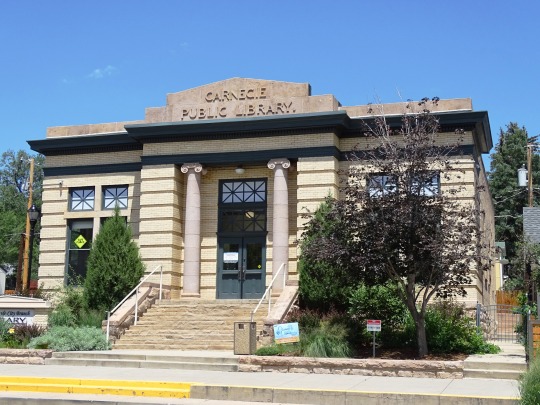





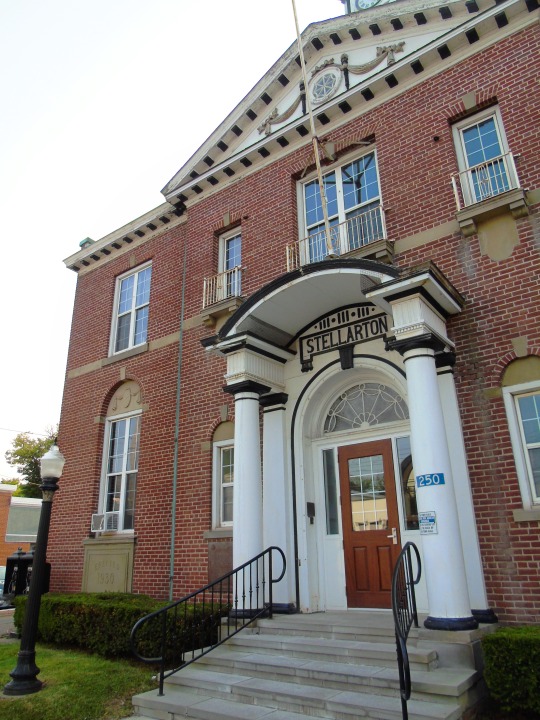
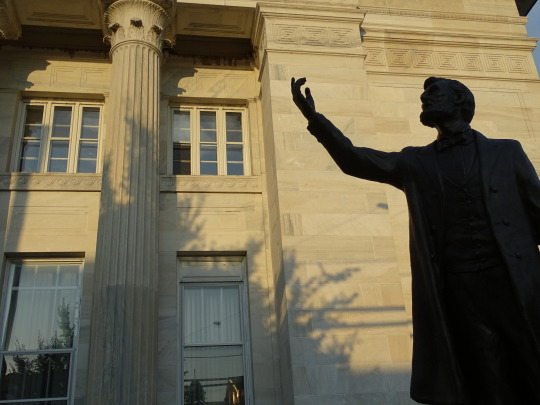




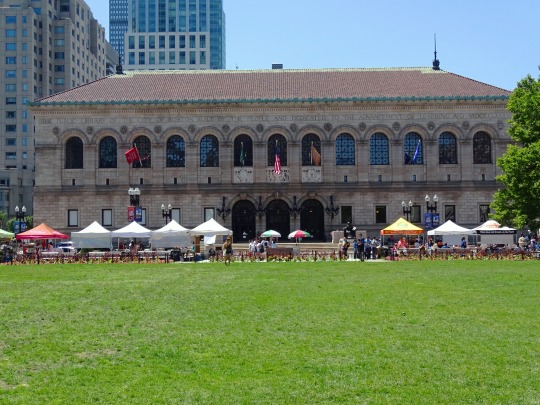









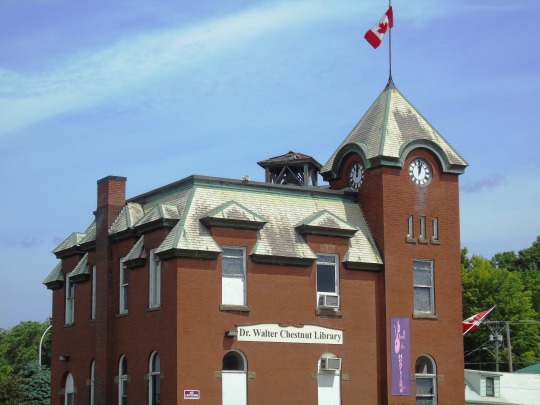




National Library Day
National Library Day is celebrated every year on 6 April. On this day, people come together to celebrate the crucial roles that libraries and librarians play in our society. It’s also the day to reflect on the importance of reading and how essential it is to make books accessible and affordable for every reader. A well-stocked library can introduce readers to many new worlds, and helps them become more informed citizens. Libraries are also great community spaces where people can gather to exchange ideas and learn together.
History of National Library Day
Libraries aren’t a new concept — it dates back millennia. The first systematically organized library was founded in the 7th century B.C. by Assyrian ruler Ashurbanipal in Nineveh, in contemporary Iraq. It contained approximately 30,000 cuneiform tablets sorted by subject.
Since their inception, almost every great civilization has built libraries. They became great repositories of knowledge, and a few ancient libraries live on even today. The goal of these libraries was to collect knowledge and distribute it for its use in everyday life. Special importance was given to books on agriculture, architecture, medicine, art, manufacturing, war, and topics concerning the betterment of life. As the years went by, people realized the benefits of having publicly accessible centers of knowledge, and libraries became an important feature in cities and towns across the world.
As the influence of the Internet grew, many believed that there would no longer be a need for libraries, but history has proved otherwise, as libraries continue to flourish and are now more popular than ever! Not everything can be found on the Internet, and a good amount of information is still available only on paper, and despite the convenience of the world wide web, people still like to physically visit a library and spend time among books and other readers.
National Library Day timeline
4th Century B.C.
Institutional Libraries
Libraries start to become an important part of educational institutions.
13th to 15th Century
Private Book Collections
The royals in Europe start to keep book collections for private use.
17th to 18th Century
National Libraries
Libraries in free countries of the world become government properties.
19th Century
Community Libraries
Community libraries are founded at public expense.
National Library Day FAQs
Is April National Library Month?
Yes, April is National School Library Month.
Why do we celebrate National Library Week?
National Library Week is an annual celebration highlighting the valuable role libraries, librarians, and library workers play in transforming lives and strengthening our communities.
What is a national library?
A national library is a library specifically established by the government of a country to serve as the preeminent repository of information for that country.
National Library Day Activities
Get a library membership: Celebrate National Library Day by getting a membership at your local library. Also encourage your friends, family, colleagues, and children to get their own memberships.
Donate books: You can also celebrate National Library Day by donating books to your local libraries. You can donate new books, give away old copies, or even purchase ebooks on behalf of your local libraries.
Thank a librarian: A library is nothing without its librarians. They keep stock of the books, help readers find the resources they need, and of course, always greet us with warm smiles. Remember to thank a librarian for everything that they do on National Library Day.
5 Interesting Facts About Libraries
Benjamin Franklin started a lending library: It was also one of the oldest libraries in America.
Andrew Carnegie was a great patron: He helped open 2,509 libraries across the world and 1,679 libraries in America.
Library fines add up to extraordinary amounts: In 2016, the San Jose Public Library reported $6.8 million in late fees.
Libraries also offer free music: They do so by having access to music streaming platforms.
They are big employers too: There are approximately 1,85,000 librarians in America.
Why We Love National Library Day
It keeps libraries thriving: Celebrations such as National Library Day ensure that our libraries continue to thrive despite the influence of the internet. These celebrations also bring thousands of new patrons to libraries every year.
For the love of reading: Anyone who loves reading also loves National Library Day. It’s the best way to ensure that everyone has access to good books and that future generations continue to buy and read books.
It builds communities: Libraries are also an important part of our community. People of all ages can visit their local library to read, work, find resources, and spend time with like-minded readers. National Library Day helps keep our communities alive.
Source
#Vancouver Public Library's Central Branch#Moshe Safdie#travel#original photography#vacation#tourist attraction#landmark#cityscape#architecture#New York Public Library#Stephen A. Schwarzman Building#Boston Public Library McKim Building#Adams County Library System#Gettysburg#Carrère and Hastings#National Library Day#NationalLibraryDay#6 April#USA#Canada#Old Colorado City Branch Carnegie Library#Van Wert#Ottawa#Library of Parliament#Chicago#Toronto#Stellarton#Hartland#Texas State Capitol#Philadelphia
0 notes
Photo
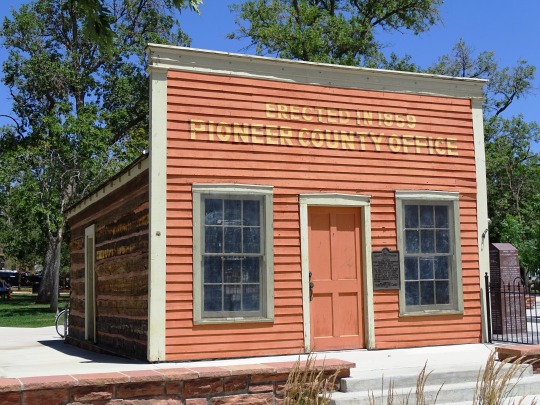
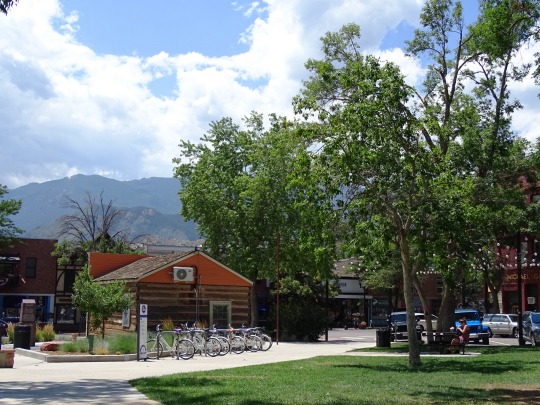
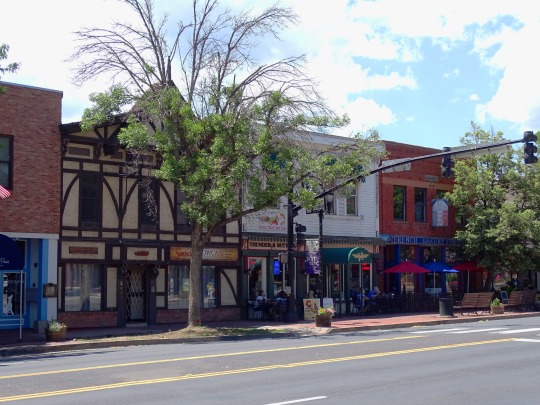

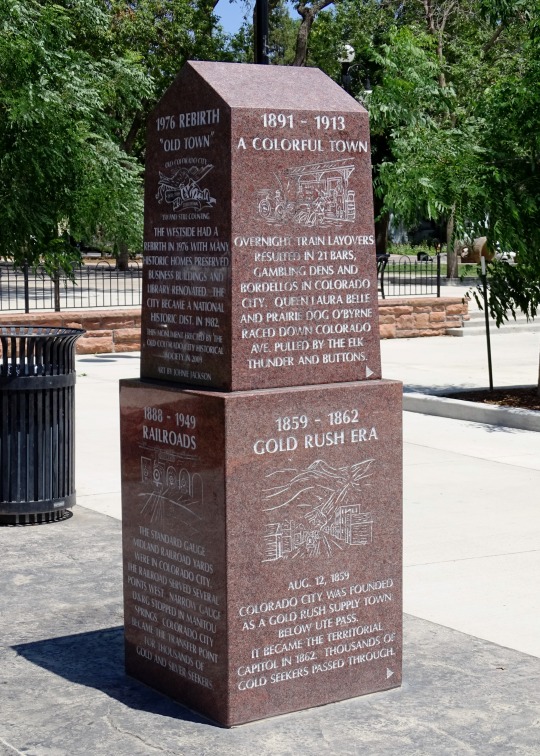

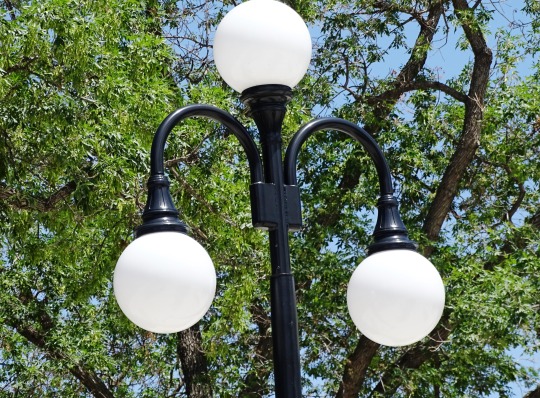
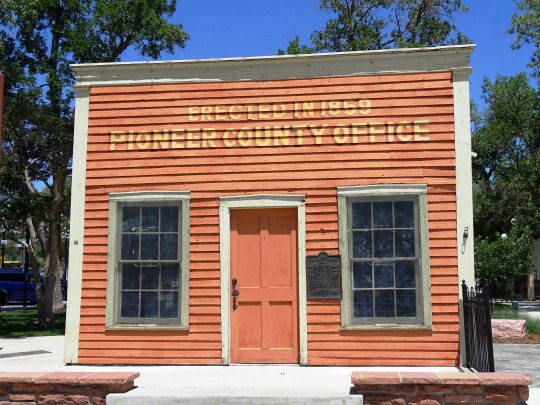
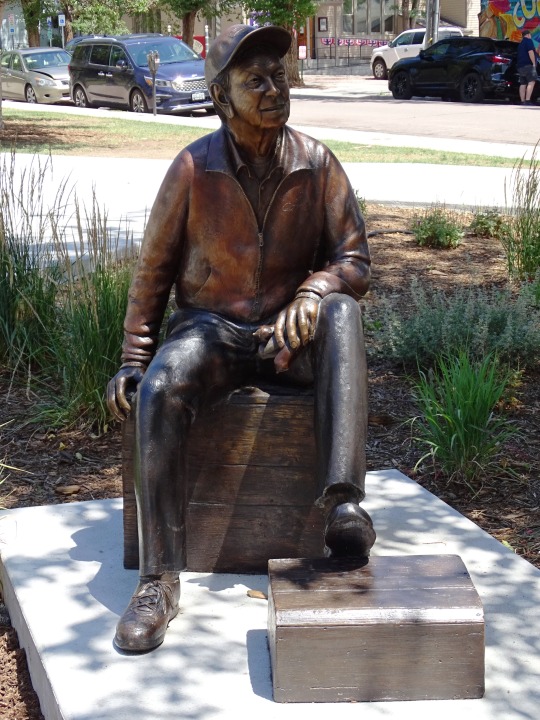

Old Colorado City (No. 2)
It was initially and briefly known as El Dorado for the gold mines found during the gold rush. The name Colorado City was selected by its founders because of the red sandstone rocks and red outcroppings in the vicinity (specifically, the Rampart Range and Garden of the Gods formations). The word Colorado in Spanish means "blushing" or "red".
The approximate boundaries are U.S. Highway 24 to the south, 32nd Street to the west, 13th Street to the east and Uintah Street to the north, with the town square restructured as Bancroft Park.
Colorado City Town Company laid claim to two square miles of land that would become Colorado City on May 22, 1859. Founded at the confluence of Fountain and Camp creeks on August 12, 1859, it was the first Pikes Peak region settlement. The founders— Melancthon Beach, Anthony Bott, George Bute, and Rufus Cable—envisioned Colorado City as a major supply hub for the new gold mines in South Park and the Blue River, where major strikes in the Pike's Peak Gold Rush had recently been made. The location for the town was selected for its proximity to Ute Pass, the route westward to the gold mines.
Source: Wikipedia
#Fred Darpino#El Paso County#Former El Paso County courthouse#travel#Colorado Ave#Old Colorado City Monument#Bancroft Park#Colorado Springs#Old Colorado City Branch Carnegie Library#Old Colorado City#Colorado#Mountain West Region#sculpture#vacation#historic district#architecture#cityscape#nature#lawn#tree#string of lights#street scene#summer 2022#exterior
1 note
·
View note